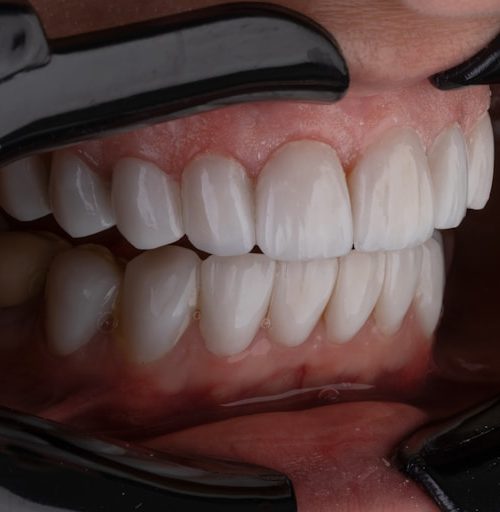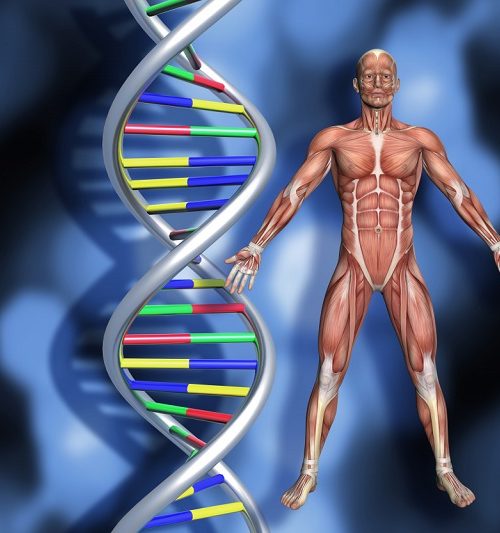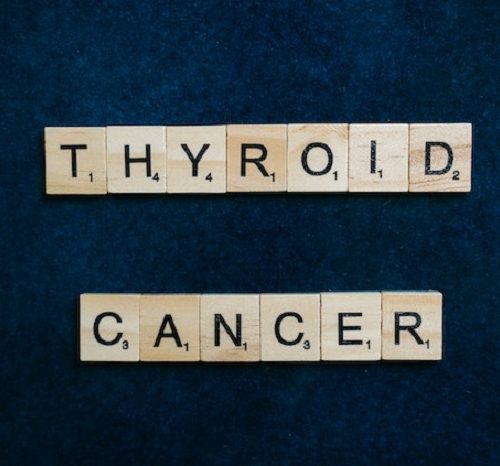Anxiety and depression are common mental health conditions affecting millions worldwide. According to the American Psychiatric Association (APA), anxiety disorders are the most common mental illness in the U.S., affecting almost 30% of adults in their lifetime. Similarly, in 2017, an estimated 17.3 million adults in the U.S. had at least one major depressive episode in the past year.
While the exact causes of anxiety and depression are unknown, researchers have identified certain risk factors that may increase an individual’s risk for developing these mental health conditions. These include genetics, environmental stressors, traumatic experiences, physical illness, substance abuse, and medical conditions associated with aging.
In this article, we will delve into the depths of anxiety and depression, exploring their symptoms, causes, and the strategies available for managing them.
Understanding Anxiety
Anxiety is more than just occasional worry or nervousness. It’s an intense feeling of fear or apprehension that can interfere with daily activities and make life difficult. Anxiety is a normal response to potentially dangerous situations, but when it becomes frequent or excessive, it can be classified as an anxiety disorder.
People experiencing anxiety may feel restlessness, fatigue, difficulty concentrating, irritability, sleep disturbances, muscle tension, and racing thoughts. They may also experience physical symptoms such as headaches, chest pain, dizziness, and stomach upset.
Understanding Depression
Depression goes beyond temporary sadness and can profoundly impact one’s life. It’s characterized by persistent sadness or hopelessness and can also cause physical symptoms such as lack of energy, changes in appetite, and insomnia. Other common signs include feelings of worthlessness or guilt, difficulty thinking clearly or concentrating, and thoughts of death or suicide.
The Connection Between Anxiety and Depression
Anxiety and depression often coexist and can influence each other. Those who suffer from an anxiety disorder are at a greater risk of developing depression, and those with depression may experience anxiousness or fear. It’s important to note that while the two conditions can be linked, they are separate mental health issues and must be treated as such.
Managing Anxiety and Depression
Seeking professional help is a vital step toward managing anxiety and depression. An experienced mental health professional can provide individual counseling, cognitive behavioral therapy, and/or medication to help relieve symptoms.
Individual counseling in Draper or wherever you are can be especially beneficial for those struggling with anxiety and depression. It provides a safe space to explore thoughts, feelings, and experiences contributing to negative emotions. Through this approach, individuals can gain insight into their symptoms, learn coping strategies, and develop better communication skills to improve overall mental well-being.
Cognitive behavioral therapy (CBT) is another effective form of treatment. It helps individuals identify and change negative thinking patterns and behaviors that may be contributing to their mental health issues. CBT can help individuals recognize the connection between their thoughts, emotions, and behaviors so they can better respond to stressful situations.
Medication may sometimes be an option for managing anxiety and depression. Antidepressants, anti-anxiety medications, and mood stabilizers are all commonly prescribed to help regulate mood and reduce symptoms. It’s important to note that medication should always be taken in conjunction with counseling or therapy for the best results.
Building Resilience and Preventing Relapse
Building resilience is crucial for individuals living with anxiety and depression. It can help you manage stress, cope with setbacks, and stay in control of your emotions. There are many ways to build resilience, such as exercising regularly, seeking social support, cultivating healthy relationships, developing positive thinking habits, and engaging in relaxation techniques like deep breathing and meditation.
Finally, it’s important to remember that anxiety and depression are treatable, and with the right help and support, individuals can manage their symptoms and live fulfilling lives. If you’re struggling with anxiety or depression, contact a mental health professional today for support.
If you are in crisis or considering suicide, please call the National Suicide Prevention Lifeline at 1-800-273-TALK (8255), available 24 hours a day, 7 days a week. You can also text TALK to 741741 for free, anonymous, 24/7 crisis support from the Crisis Text Line.






